How one Philly barista learned the true power of numbers fighting Starbucks
Amalia Jade Inkeles doesn’t think she’ll be at the company long enough to see a contract, but she’s still in it for those coming after her.
Workers at four Starbucks locations in Philadelphia recently won their union elections. These stores include: 9th and South Street, 20th and Market Street, 34th and Walnut Street, and 3400 Civic Center Blvd.
Amalia Jade Inkeles, an organizer from the 20th and Market Street location, sat down with AL DÍA to talk about her frustrations, fears, and dreams for her future and for the future of all service industry employees.
The 31-year-old Inkeles moved from the suburbs of Colorado to Philadelphia, and has been working for Starbucks for just over three years now.
Before Inkeles moved to the city, she said she felt as if she hit a “brick wall.” After college, she was dealing with a break up, and was struggling to get into grad school. So she came to Philly for a “soft reset,” and began working at Starbucks as a temporary solution.
One reason that Inkeles loves Philly is because of its vibrant queer community. She didn’t have this kind of safe haven in the Colorado suburbs, so being able to express herself and feel welcomed has been a relief.
As a transgender woman, Inkeles often receives invasive and inappropriate questions from strangers. For instance, many people will ask her when she plans on having gender-affirming surgery.
“It’s none of their business,” Inkeles said.
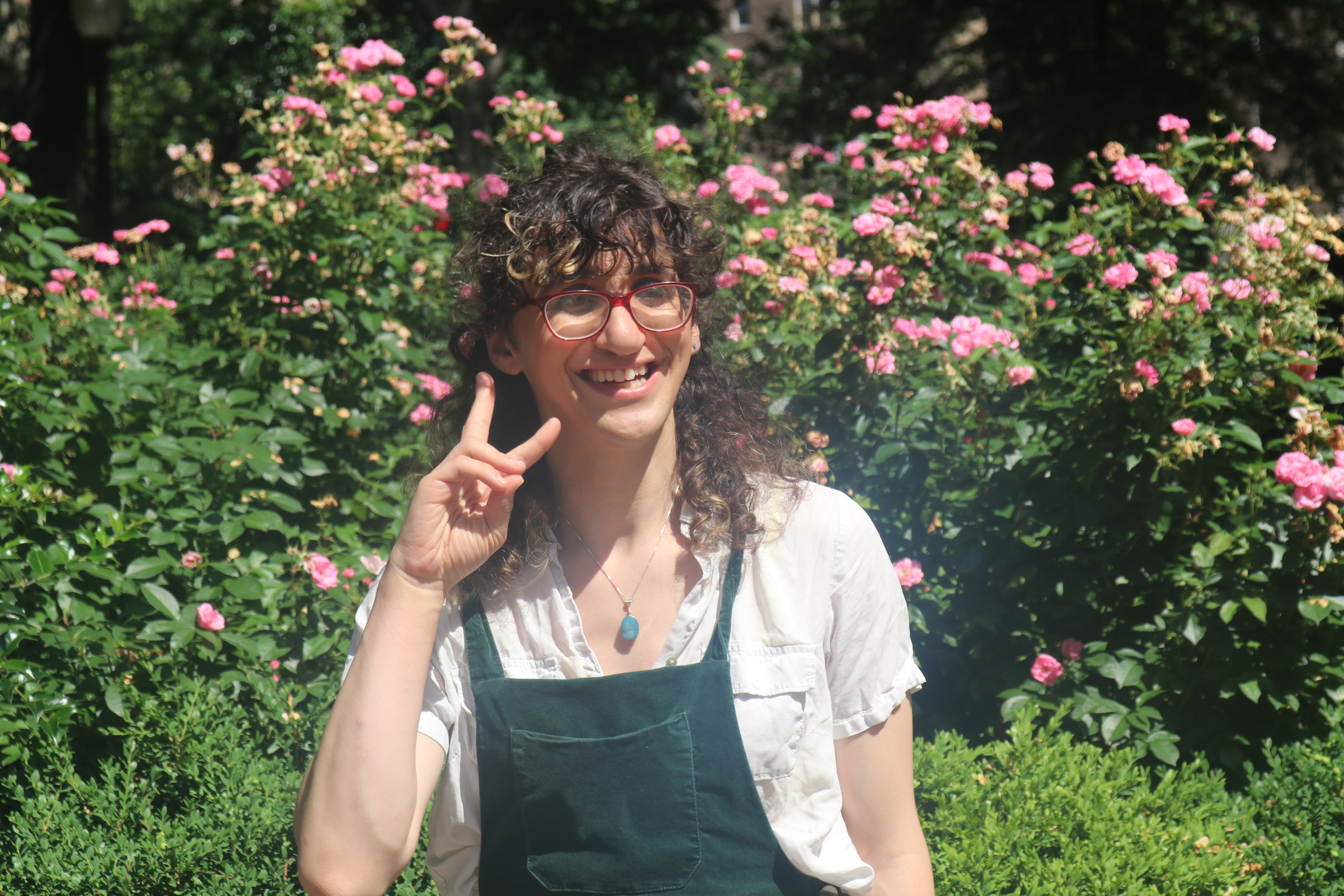
Because Starbucks is an inclusive employer that often stands for human rights, it tends to attract a lot of women, people of color, and members of the LGBTQ+ community.
In 2017, Human Rights Campaign recognized Starbucks as the top employer for LGBTQ+ workplace equality.
Inkeles said that for marginalized groups, the company does offer a “less hostile” environment than they may find elsewhere.
“If I wasn’t living in Philly, I would be scared of having any other job in the service industry. I’d be afraid of having a salary job. Because I have the protections in this city, but if I ever moved, Starbucks might be the safest place to work,” she said.
So for people like Inkeles, Starbucks provides a work environment that is virtually free of microaggressions — the everyday slights, snubs, or insults that communicate derogatory messages towards members of marginalized groups.
But this doesn’t necessarily equate to employee happiness and satisfaction; it is simply one less stressor to deal with that they may face elsewhere.
Starbucks workers feel overworked, overwhelmed, and consistently undervalued. Inkeles described the burn-out as “a sense of always working on borrowed time.”
Between staff shortages, trying to train new employees on busy days, and dealing with the generally fast-paced nature of the job, workers feel like they are always making up for things that couldn’t get done before.
“The demands of the job are so high and the support you get is so little. We’re lucky our store has low turnover. So we can manage to be resilient, but most stores I know have these massive waves of turnover, because people can’t handle it anymore,” Inkeles said.
Inkeles also explained that there is a tendency for Starbucks to not develop their employees well enough, which puts too much pressure on those with more experience.
“What ends up happening is that you just have the people who are already really strong doing too much. They leave, and the people who are really struggling are under too much pressure, so they leave. So we are not only catching up on a day-by-day basis, but on a year-round basis,” she said.
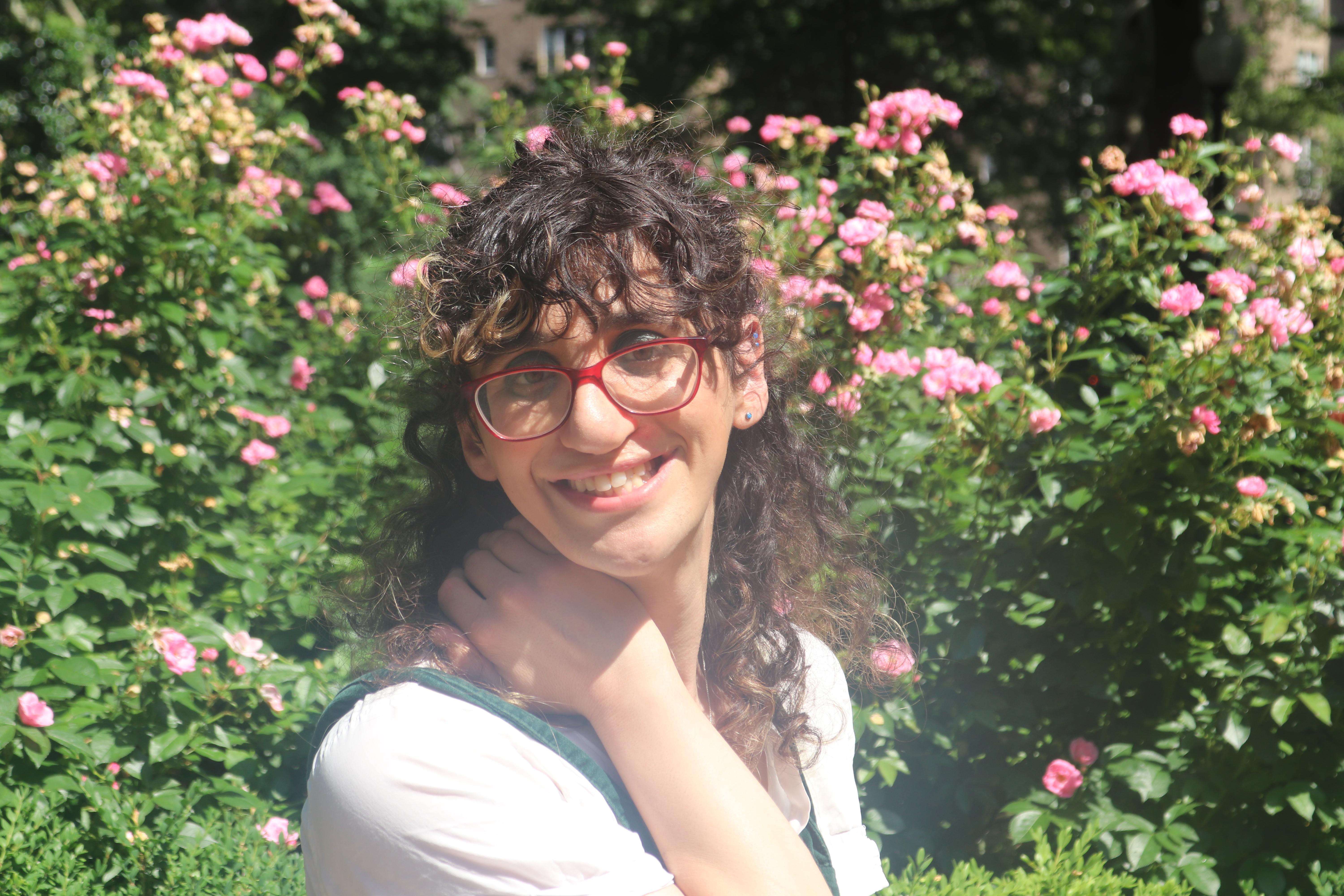
During a press conference last month, Inkeles said that working and organizing has been so stressful that she has been going to therapy more.
RELATED CONTENT
“I’ve cried multiple times, and it took a lot of effort to detach myself emotionally from my job; to be okay with struggling. Unlike other jobs, when you leave a shift, you’re just taking that burden and bringing it home,” Inkeles said.
The 20th and Market location won their union election on May 24, but Inkeles said that nothing much has changed since then.
The only store she knows of that is currently amid a negotiating process is the Elmwood Avenue Starbucks in Buffalo, New York, which unionized in December of last year.
“There’s no sense of when this will happen, and Howard Schultz has already explicitly said he is not going to negotiate with us. It’s like, I don’t know how far they think they can stall this. The sad thing is, we are under the pressure to put ourselves at risk just to get Starbucks to obey the law,” Inkeles said.
Throughout this process, Inkeles has become deeply familiar with the laws surrounding labor rights. She read the National Labor Rights Act (NLRA) and encouraged her co-workers to empower themselves through this knowledge.
The NLRA, which Congress passed in 1935, protects the rights of employees and employers, to encourage collective bargaining, and to hinder private sector labor and management practices, which “harm the general welfare of workers, businesses and the U.S. economy.”
For so many Starbucks baristas, the exhausting nature of this job plus the added stressor of organizing, tends to deplete their energy; leaving them with little time for their own interests.
For Inkeles, if she wasn’t constantly working or drained from the job, she would love to do more creative writing, gardening, and exploring the world.
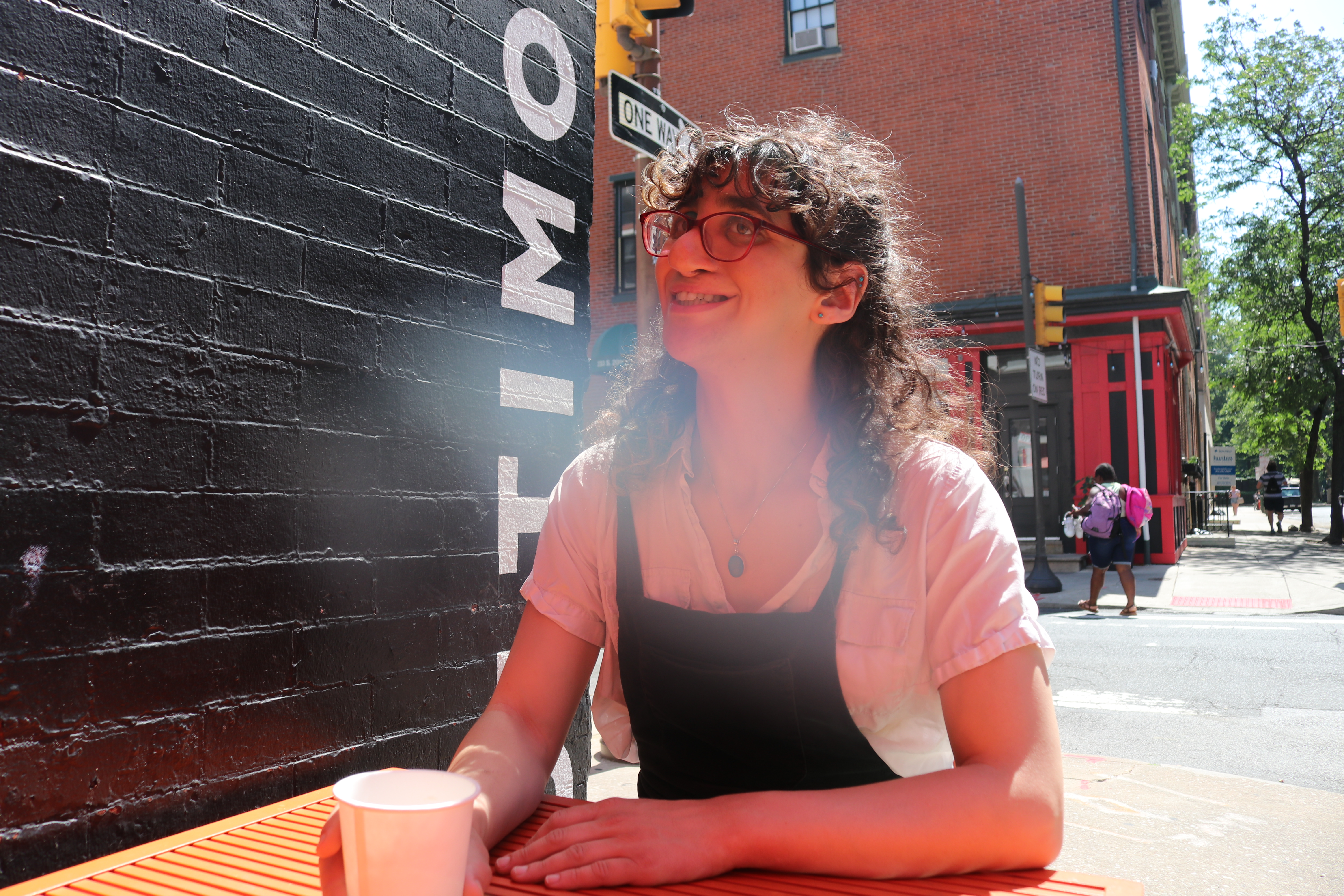
“I want to have time to indulge in things again like traveling, and I’d love to learn new skills. I’d like to actually sit down and work on this book I’m writing. I already live with depression and that takes a lot of my energy away. Then when I do feel creative again, I’m stifled by the fact that I don’t have the time or energy,” Inkeles said.
At the rate it’s moving, Inkeles predicts that she may not be at Starbucks long enough to see this contract come into fruition.
But she’s glad that this experience has taught her and many of her co-workers that they are valuable, resilient, stronger together, and worthy of asking for what they deserve, both as workers and as human beings.
“I don’t want to have to work hours that would prevent me from having a morning life and an evening life. You realize how much more you deserve. I want to be able to go to work and still enjoy my life outside of the job,” Inkeles said.
Baristas all over the U.S. right now are knee-deep in uncharted territory, and although the future is uncertain, they are fueled by the vision of a better future for workers everywhere.


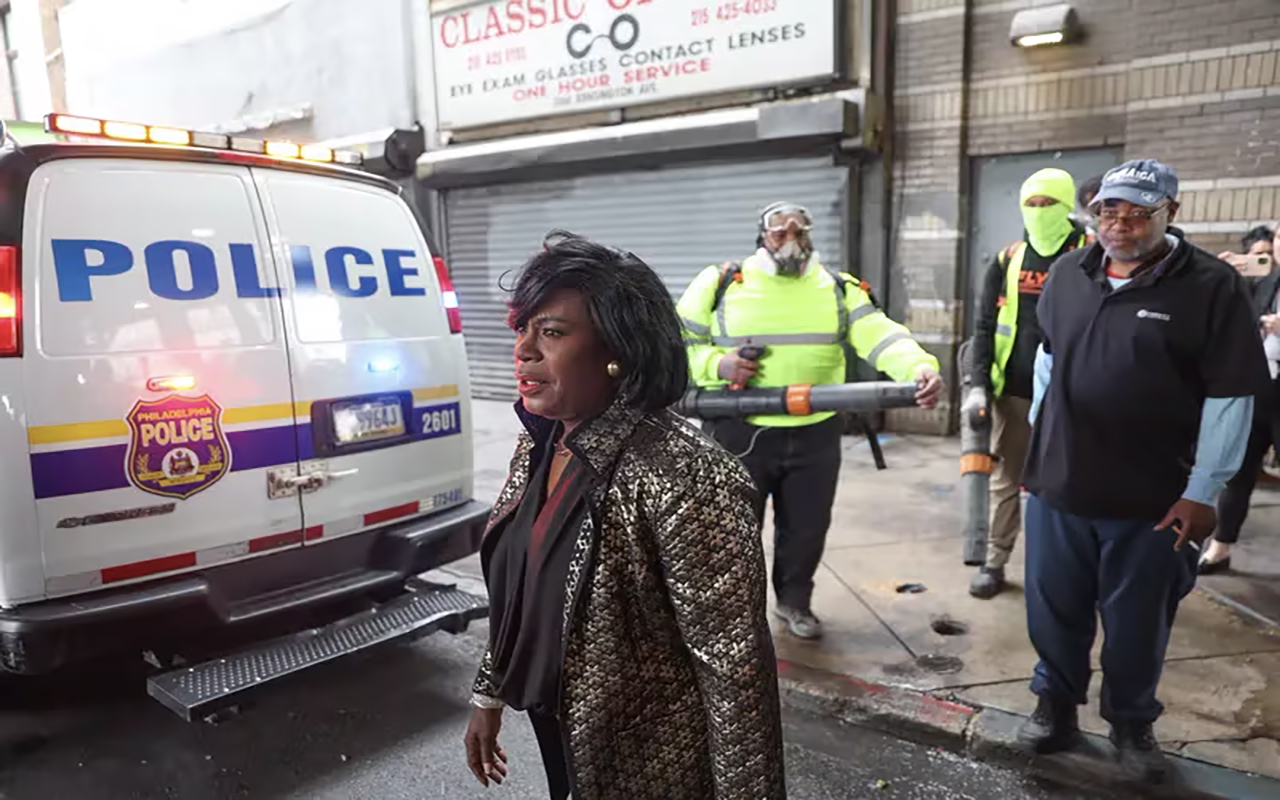
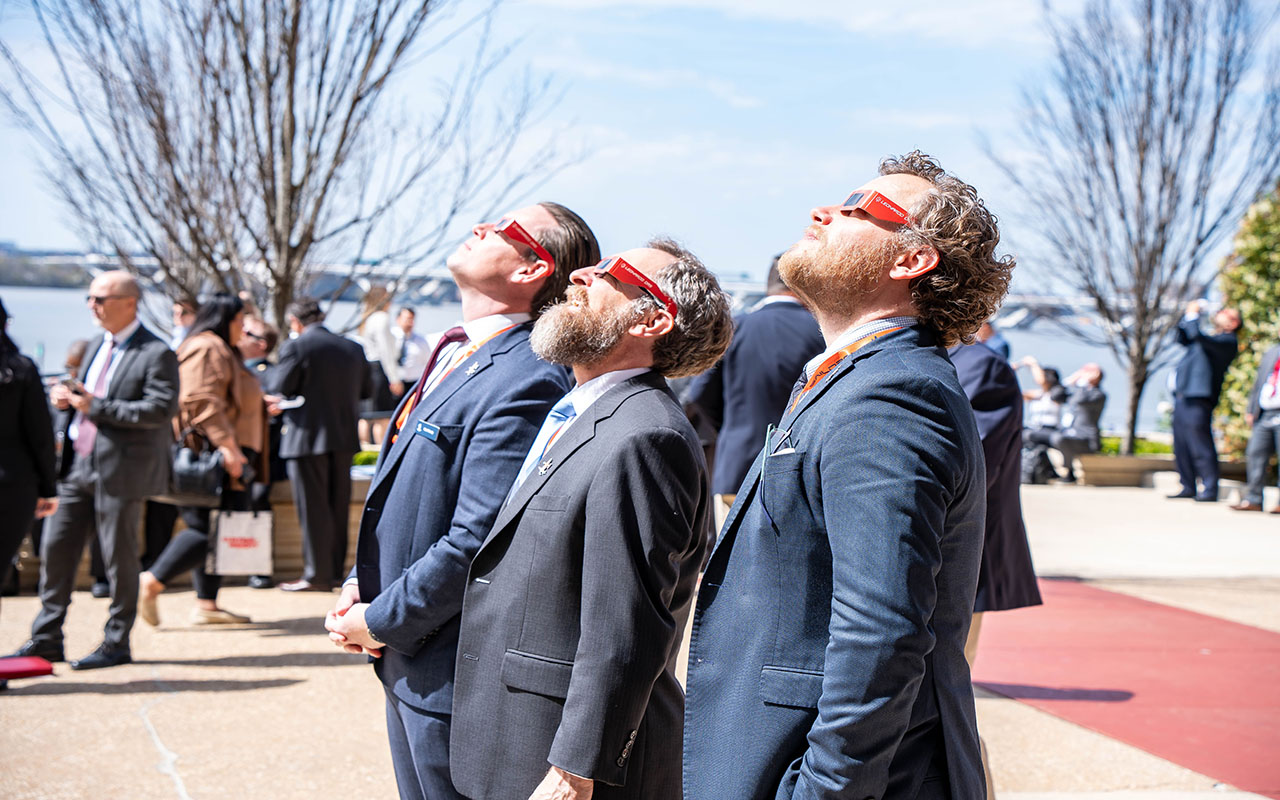
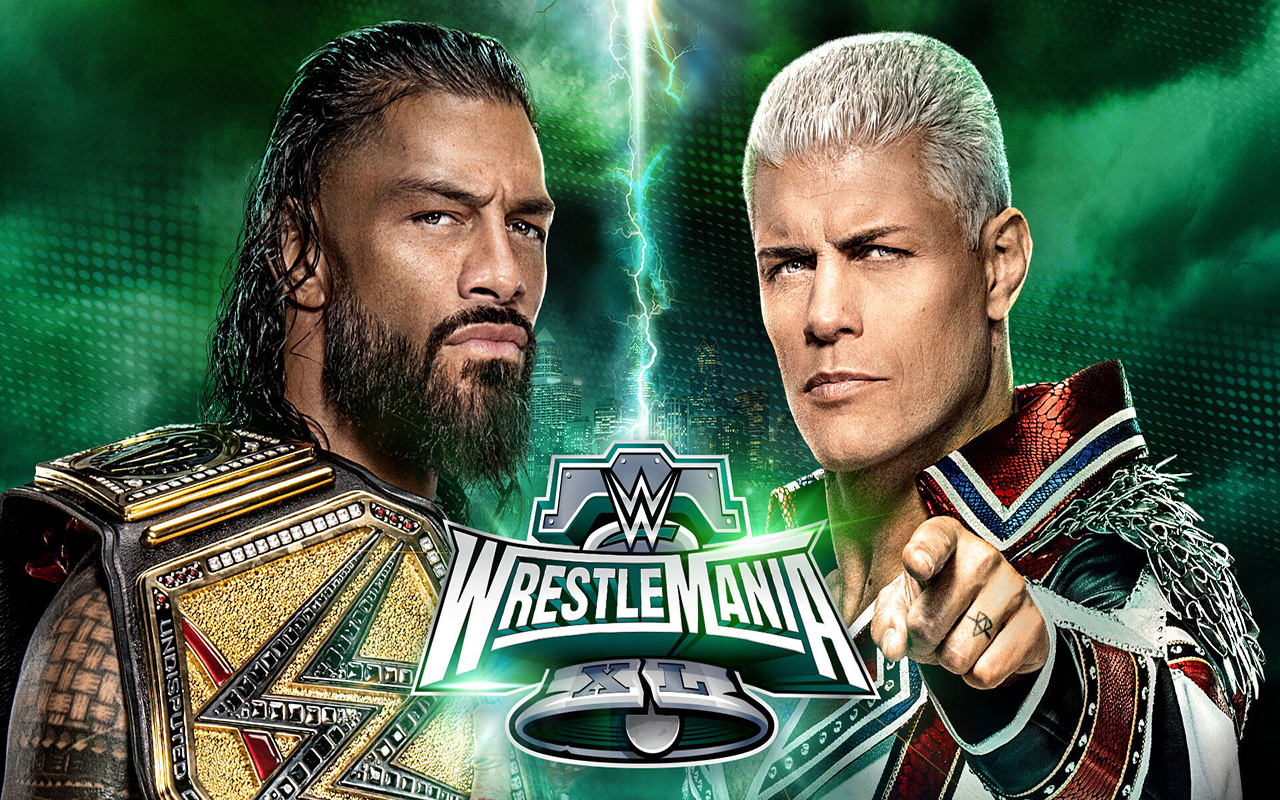
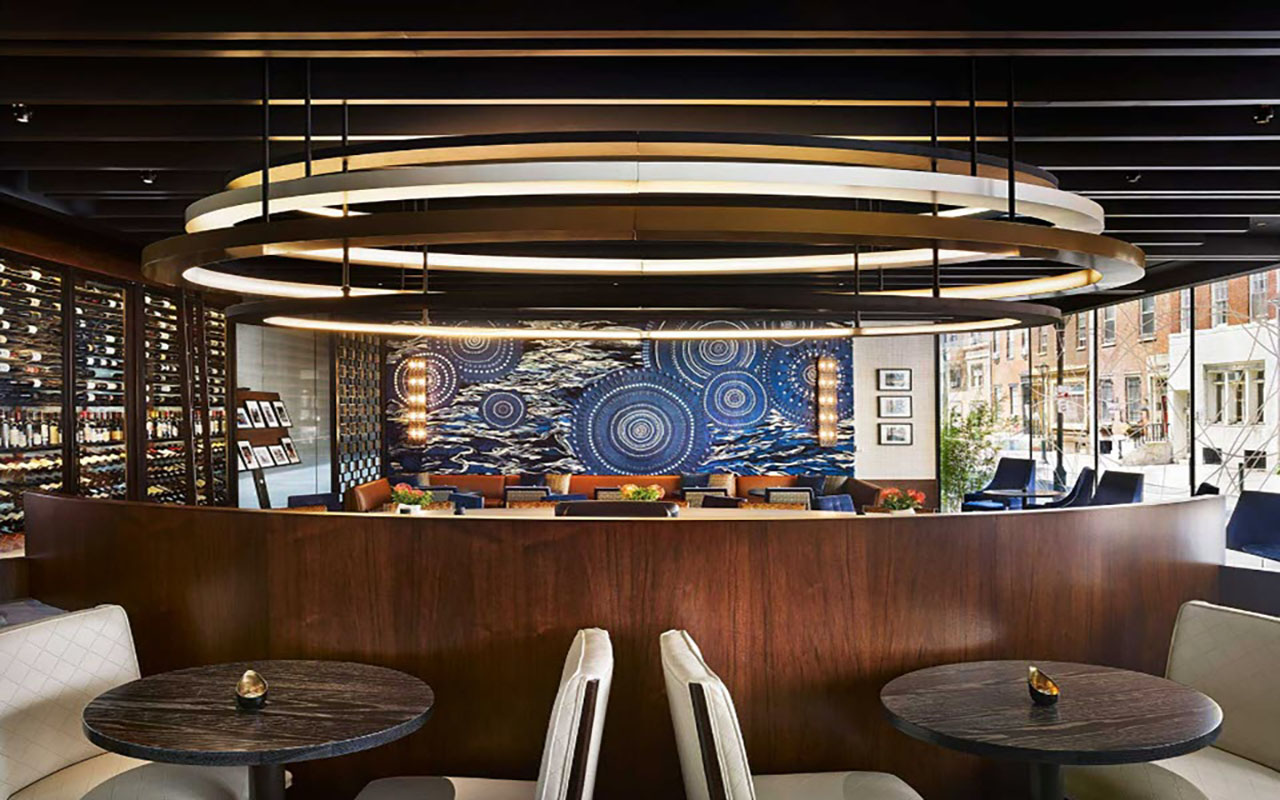
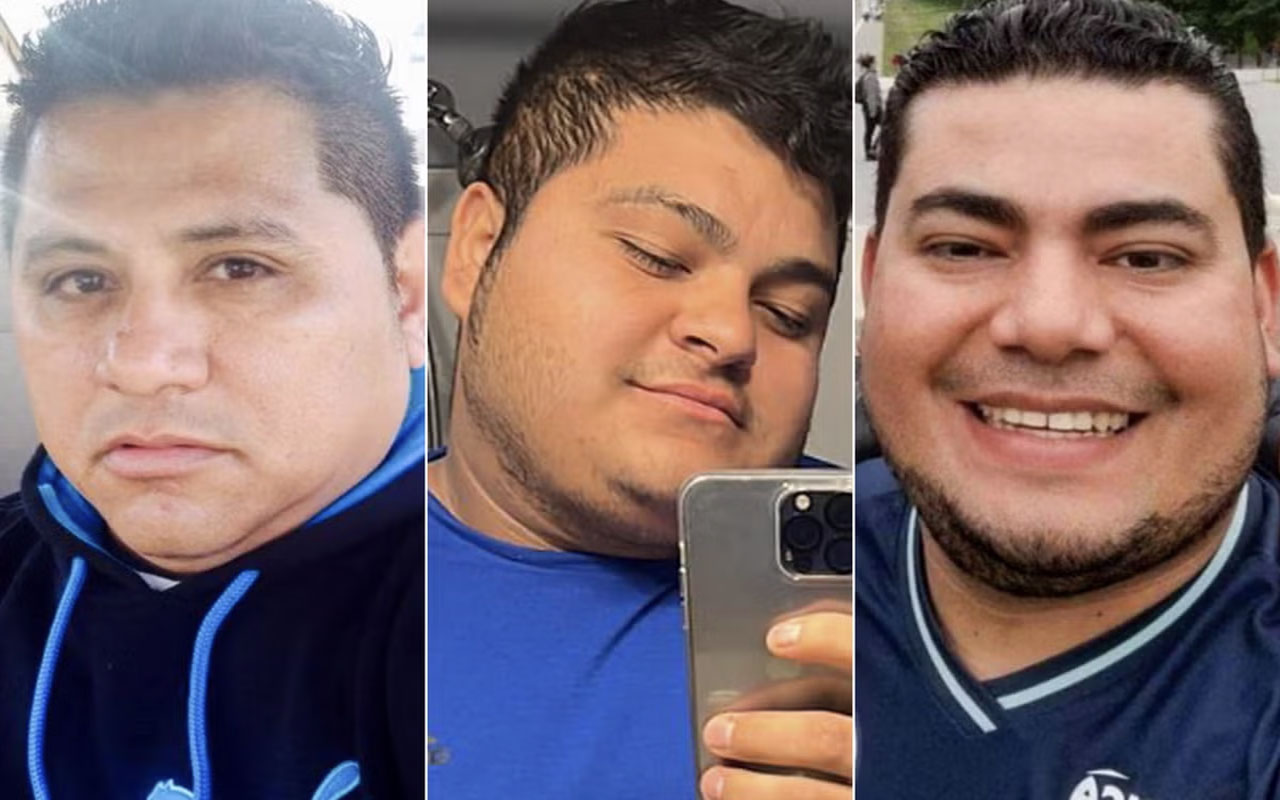
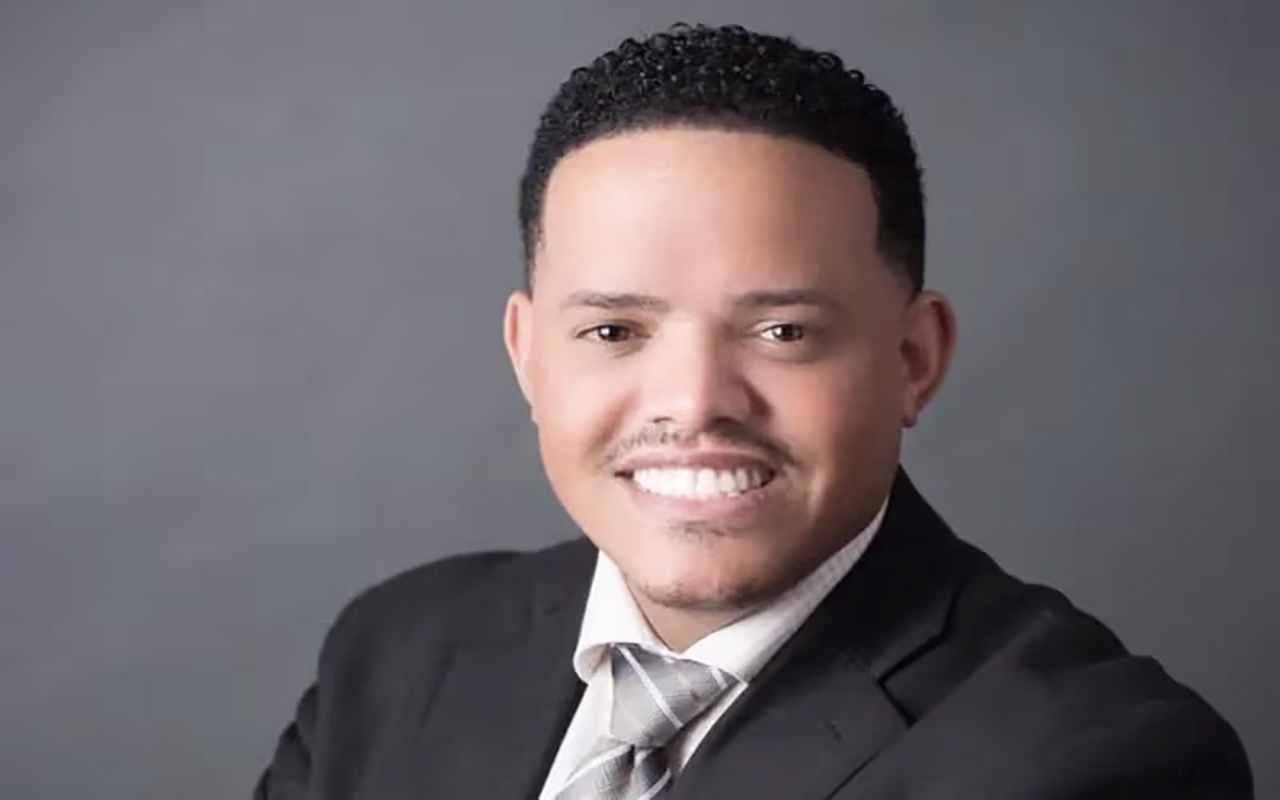
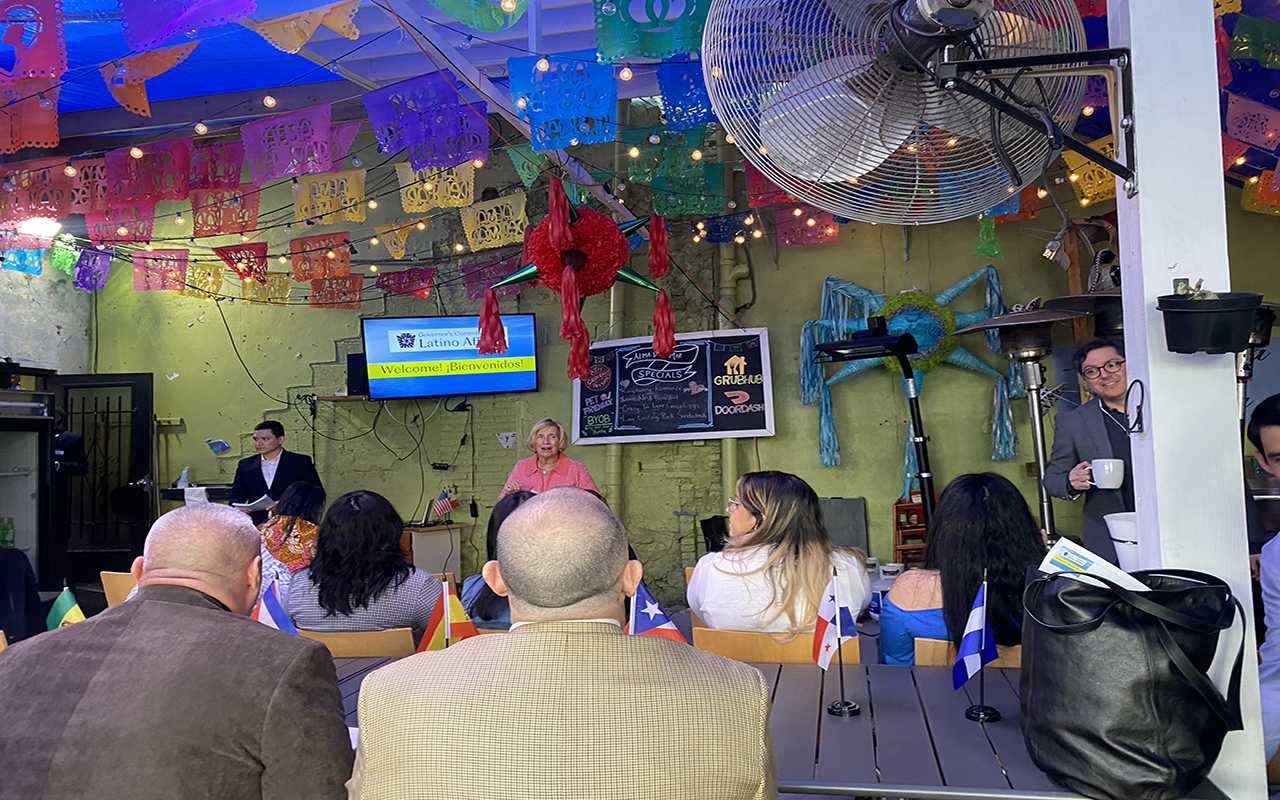


LEAVE A COMMENT:
Join the discussion! Leave a comment.